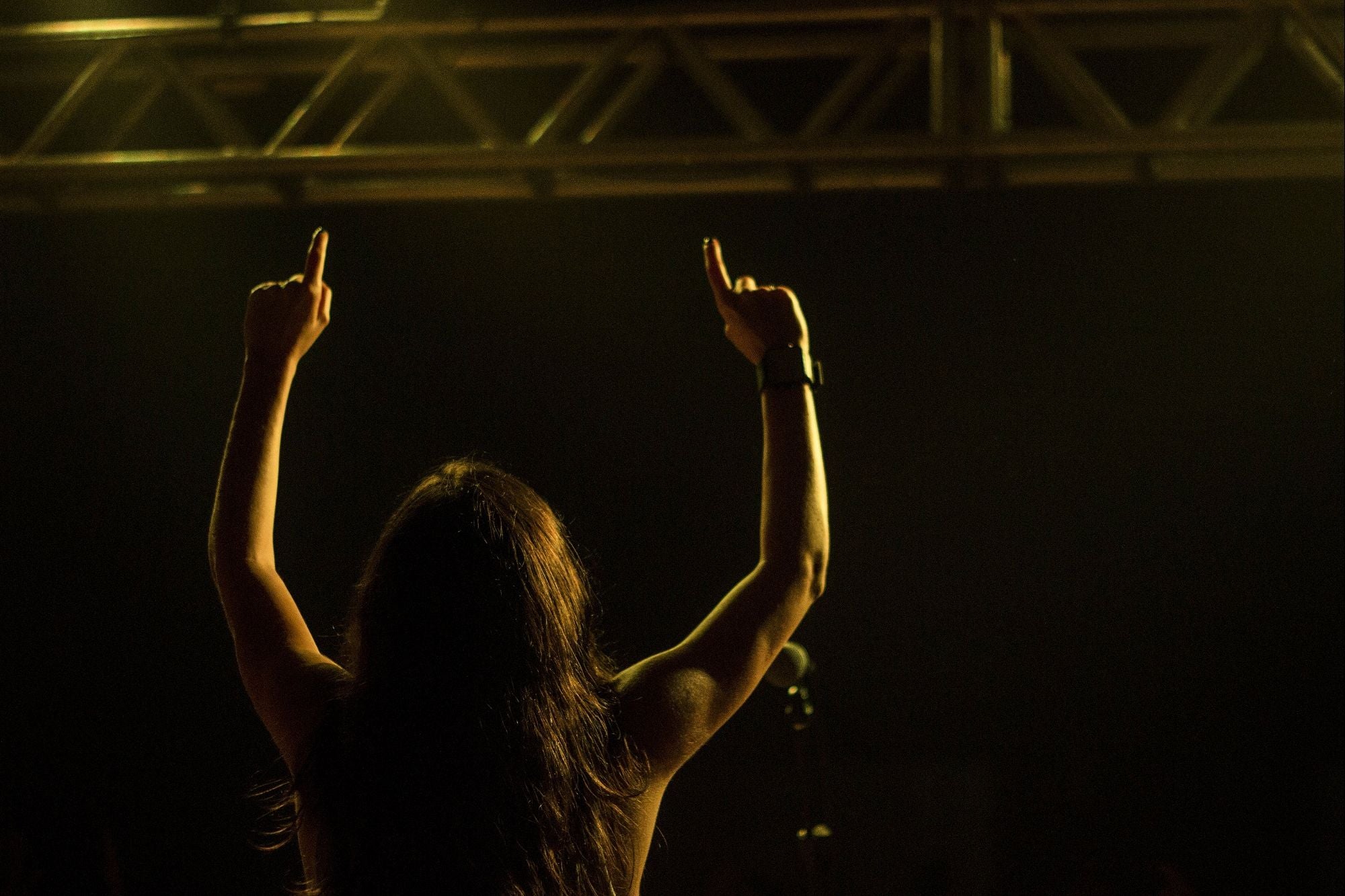Want Hit Records? Include More Women in Your Creative Process For production of the top 600 songs made between 2012 and 2017, women made up only 22 per cent of artists, 12 per cent of songwriters, 3 per cent of engineers, and 2 percent of producers
Opinions expressed by Entrepreneur contributors are their own.
You're reading Entrepreneur Asia Pacific, an international franchise of Entrepreneur Media.

While the global business landscape is increasingly placing importance on gender diversity, there are still certain industries, such as music, where there remains a significant divide between men and women. While the emergence of the #MeToo movement and more entertainment initiatives encouraging women to pursue careers in entertainment have tried to reshape the "boys club mentality", the facts and figures still favor men across the board.
On the corporate side of the business, over 70 per cent of music industry workers are male, according to a recent report by Keychange (PRS Foundation). That same report also found that women are on average earning 30 per cent less than their male colleagues. This issue is not only relevant to the US, but has bled into various international territories as well. For instance, a survey of 455 Canadian female industry professionals found that only 10 per cent of women held executive positions and women earned, on average, 27 percent less than the typical salary for their roles.
Let's Talk Inclusion
Now, diversity issues have also affected the creative landscape in music as well. USC Annenberg's "Inclusion in the Recording Studio?" study, which released last January, found that for production of the top 600 songs made between 2012 and 2017, women made up only 22 per cent of artists, 12 per cent of songwriters, 3 per cent of engineers, and a mere 2 percent of producers.
Women are a minority, and many do not get the same opportunities as their male counterparts. The key to the business remains creating hit records. Yet, creating a hit record should be no different than starting and sustaining a successful business. Studies have found that companies in the top 25th percentile for gender diversity on their executive teams were 21 per cent more likely to experience above-average profits. If companies who promote and encourage diversity perform better, is it too much to say that records that include a diverse creative group will perform better as well?
Part of the reason there may be a gender gap is due to the unconscious bias many creatives feel when they see diversity in the room. When I walk into a session and see a female engineer, I unconsciously ask myself, will she be as good? This unconscious question of doubting my fellow female creatives is exactly where the issue lies. To fix this, we need more women embedded more throughout the creative process of making music.
The Role Models
There are various pioneers paving the way for the next generation of women though. Producers like WondaGurl, who have produced records for Lil Uzi Vert, Big Sean, Travis Scott, Jay Z, Drake, SZA, Young Thug, and Kanye West, are providing a groundwork for women producers globally. Then, you have incredible songwriters like Joelle James, Nija, Tayla Parx and others who have written some of 2018's biggest records. Then, you have artists like Diane Warren, Carole King, Joni Mitchell, Alanis Morissette, Missy Elliott, and even more recently Lady Gaga, Adele, Sia, Alicia Keys, and Taylor Swift who show the dynamic ability of women who can not only perform their own material but create it as well. The ultimate female artist is one that also contributes to the creation of their own songs.
The future of hit-making records will lie in how open the industry is to opening the doors for more women to contribute to the process of making music. Established songwriters, artists, producers, and engineers, both male and female, need to actively lend their hands out to the next generation of female creatives to help close the gap. The future of developing the next great and iconic songs depends on it.










